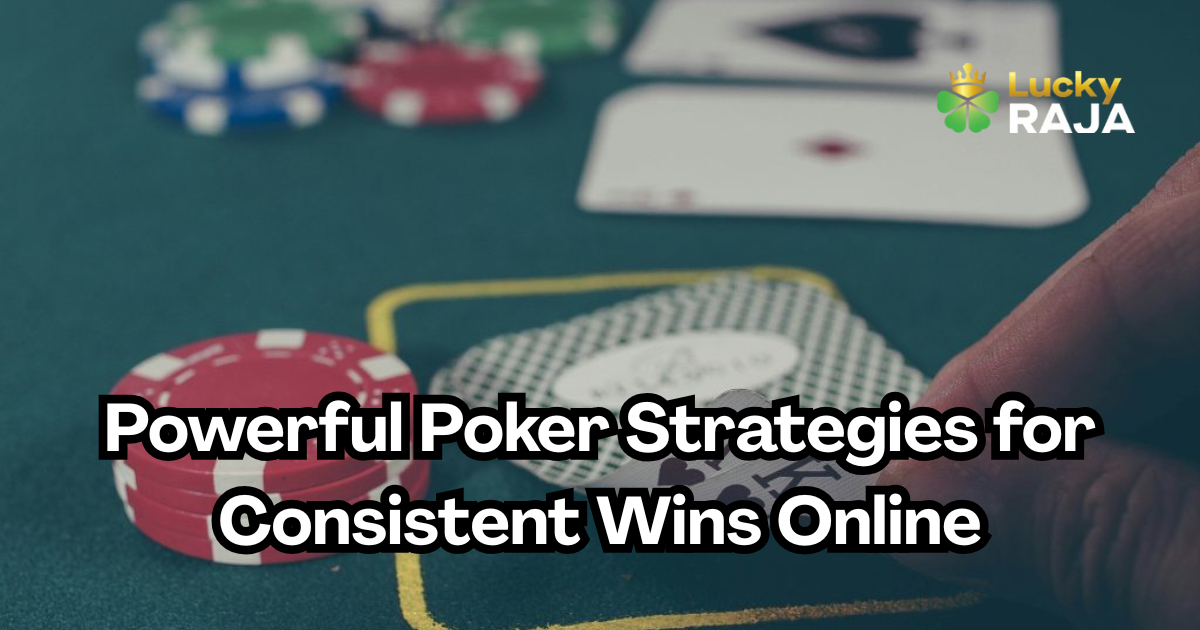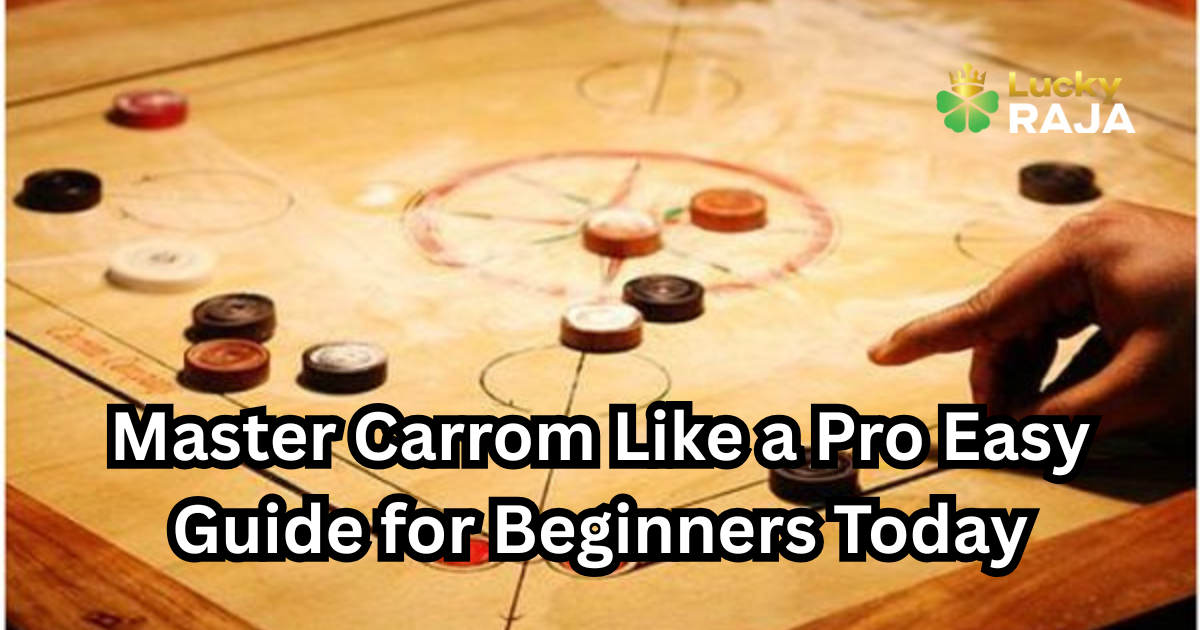Powerful Poker Strategies for Consistent Wins Online. Poker isn’t just a game of luck—it's a game of thoughtful decision-making, reading your opponents, and knowing when to act. Whether you’re new to the game or a seasoned player, applying the right poker strategies can turn the odds in your favor. In this comprehensive guide, we’ll explore techniques that help you gain an advantage at the table and consistently improve your performance.
Many beginners rely on instincts or chance when playing. While luck plays a role in short-term outcomes, it’s solid poker strategies that lead to long-term success. Strategies help you make smart decisions, understand betting behavior, and capitalize on your position.
Here are some time-tested strategies that both casual and professional players rely on:
Avoid the temptation to play every hand. One of the most important poker strategies is knowing when to fold. Stick to strong starting hands, especially when you're in an early position.
Your table position determines how much information you have before making a move. Acting later in the round gives you insights into opponents' intentions. Effective poker strategies always consider table position.
Focus on players' betting patterns, timing, and habits. Over time, you'll start identifying who bluffs and who bets with strength. Observational skills are critical in refining your poker strategies.
Bluffing randomly is a risky move. Instead, use calculated bluffs when you have a chance of improving your hand or forcing a fold. Smart poker strategies use bluffing as a tactical weapon—not a habit.(Know more about Bluffing in Details)
Both yours and your opponents’ chip stacks influence betting decisions. Adapt your moves based on how deep or shallow stacks are. Stack awareness is a subtle yet crucial part of strong poker strategies.
Set limits on how much you're willing to risk. Separate your playing money from personal finances. Solid poker strategies aren’t just about gameplay—they include responsible bankroll planning.
Sometimes, the best move is to walk away. If the odds aren’t in your favor, don’t hesitate to fold. Preserving your chips for better situations is a smart aspect of long-term poker strategies.
| Category |
Basic Strategies |
Advanced Strategies |
| Starting Hands |
Play only top 10 hands |
Adjust range based on position and opponents |
| Positional Awareness |
Rarely used |
Core part of decision-making |
| Bluffing |
Seldom bluffs |
Semi-bluff and calculated full bluffs |
| Bankroll Management |
No system |
Budgeted play and session tracking |
| Opponent Reading |
Based on gut feeling |
Behavioral analysis and pattern recognition |
| Bet Sizing |
Standard bets |
Tailored bets to manipulate pot size and pressure |
| Fold Strategy |
Delayed folds |
Timely, tactical folds to minimize loss |
Beyond cards and chips, poker is a mental game. Body language, betting rhythm, and timing can reveal hidden clues. A great addition to your poker strategies is developing emotional discipline. Stay calm whether you’re winning or losing and avoid tilt (emotional reaction to losses).
Avoiding common pitfalls will boost your chances significantly. Watch out for:
- Overplaying marginal hands: Just because you’ve been dealt a suited hand doesn’t mean it’s strong.
- Calling too often: If you’re always calling, you’re not putting pressure on opponents.
- Ignoring position: Many ignore how late-position play offers strategic advantages.
- Bluffing too frequently: Over-bluffing can make you predictable and easy to trap.
Each of these mistakes weakens your overall poker strategies and can drain your stack faster than you realize.
While the basic rules are the same, the environment changes your approach. Online poker offers speed, anonymity, and multitabling. Live games include physical tells, player interactions, and a slower pace.
Here’s how poker strategies differ by format:
- Online: Rely on timing tells, HUD stats (if allowed), and frequent note-taking.
- Live: Observe gestures, eye contact, and betting hesitations.
Adapting to each environment is key for developing all-around poker strategies.
Every great poker player started as a learner. To sharpen your poker strategies, practice regularly. Try these methods:
- Play low-stake games to reduce risk while gaining experience.
- Review your past hands to analyze mistakes and identify improvements.
- Engage with poker communities to exchange tips and discuss strategy.
- Use simulation tools to explore different hand scenarios and outcomes.
Daily effort and conscious learning are what make good players great.
Winning poker isn’t about wild risks or constant bluffing. It’s about consistency, understanding, and strategy. When you apply disciplined, thoughtful poker strategies, you’ll not only win more frequently but also enjoy the game at a deeper level.
Remember, the pros didn’t get there overnight. They built their skills through research, observation, and experience. You can do the same—one hand at a time.
Beginners should focus on tight hand selection, understanding table position, and learning to fold when the odds aren't favorable. Start with basic strategies before moving into advanced play.
Online strategies rely more on timing and betting patterns, while live games allow you to use physical tells and opponent behavior. Both formats require adaptation for best results.
Yes, but only when done with purpose. Strategic bluffing can add depth to your game, but overuse can make you predictable and easy to read.
Bankroll management is crucial. It ensures you can withstand losing streaks and play consistently without financial stress, which is key to long-term success.
Absolutely. Advanced tactics like opponent profiling, pot odds calculation, and position-based play significantly increase your winning chances over time.









__1750152980-0.png)
__1728921688-0.png)






